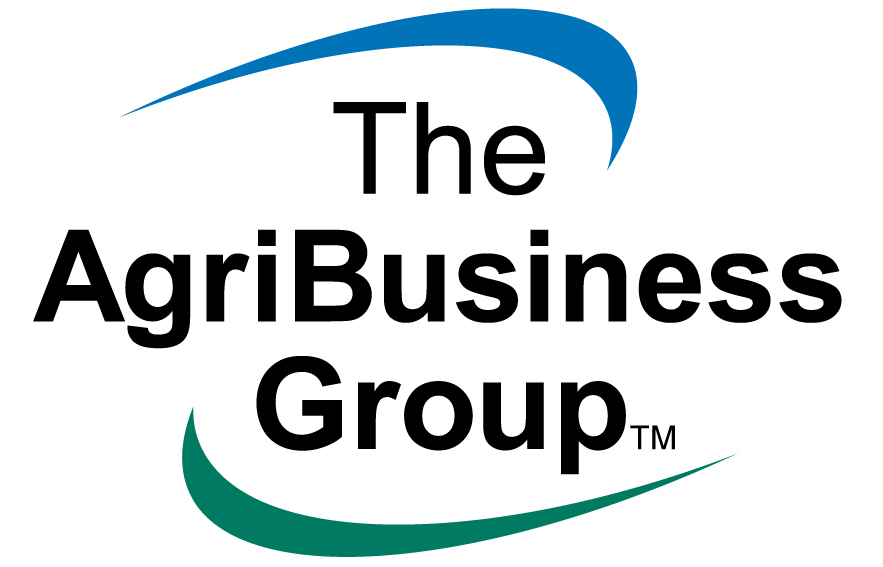N-Boost a possible solution for farmers who need lower nitrogen input
The AgriBusiness Group deliver N-Boost Project for Donaghys
In mid-2020 , which seems like an age ago now, Donaghys started conversations with us about running and delivering an extension programme with dairy farmers across New Zealand. In light of the newly introduced synthetic nitrogen cap being put in place, restricting farmers to using 190kg of nitrogen per hectare per year, their product N-Boost could be a solution for a number of farmers who need to maintain performance and production with a lower nitrogen input. It is estimated that almost two-thirds of Canterbury dairy farmers would have to reduce their nitrogen fertiliser use from 2020-21 season (Overseer benchmark data).
Field Day - Mitchell Coombe’s Farm in Morrinsville - 7 April 2022
N-Boost was developed by Donaghys about 10 years ago. It is applied in a foliar application with dissolved urea resulting in the nitrogen being in a plant available form (ammonium) improving the efficiency of nitrogen uptake by the plants. N-Boost stimulates mitochondria and chloroplasts which are key cell components of the plant responsible for energy storage and production. Donaghys have conducted several scientific plot trials throughout New Zealand and overseas, which found that N-Boost can double pasture response to nitrogen fertiliser, relative to applying urea only. This project demonstrates the products role in a farm system context, and provides associated analysis of economics and environmental impacts.
We selected five farms from across NZ’s major dairying regions; one in the Waikato, two in Canterbury and two in Southland. Most of these farms had historical nitrogen use above the cap of 190kgn/ha/yr, and a couple of them were at or below the cap but still wanted to make efficiency gains by reducing in their reliance and use of synthetic nitrogen. Over the 2021/2022 dairy season we have collected monthly pasture growth, milk production, fertiliser applications, and climatic data, as well as gathering historical data for each farm to compare the seasons and get a good understanding of how the farm has historically performed.ultural industry.
Paddock with N-Boost applied - Mitchell Coombe’s Farm, 7 April 22
Results have been positive across all the farms involved in what has been a challenging season for different reasons in all regions. The whole country had a slow spring with growth taking a month or two to get going, the Waikato then moved into drought conditions in December/January and that has continued, while Canterbury experienced the most summer rain it has seen in a while, and Southland heading into drought in late summer into the autumn.
While the season is not yet complete, we have seen pasture growth and milk production increase slightly or maintain at similar levels as the previous seasons, while nitrogen use has decreased substantially on some farms (for one Canterbury farm, season-to-date nitrogen use has decreased from 250kgN/ha year to date to 114kgN/ha). Our Waikato farm has had financial benefits, claiming that his farm expenses have decreased by $1.50 / kgMS, due to higher milk solid production, supplement costs and improved cow health.
Charlotte Senior outlines that results have been positive so far.
An important part of the programme was to see how N-Boost fits into the day-to-day farming system and how easy it was to work with. As N-Boost is applied in a foliar form, ground spreading of urea is not required. Instead, urea is mixed with water to dissolve it, then added to a spray tank, N-Boost added and the mix sprayed onto pastures. Some of the farmers had their own spray units to enable the flexibility of spraying when they needed it, others engaged with a spraying contractor to regularly spray the mix in the same way a ground spread contractor would work. All the farms continued with their system of following the cows with the applications just as they had with their ground spread system.
Overall the programme has been beneficial and has fitted in the farm systems relatively easily. Keep an eye out for final results when the season ends!
Sarah O’Connell and Charlotte Senior, Consultants at The AgriBusiness Group
Any comments or questions? Leave them in the comment box below or contact Charlotte directly on charlotte@agribusinessgroup.com If you are needing help with your project, farm environment plan or audit get in touch.












